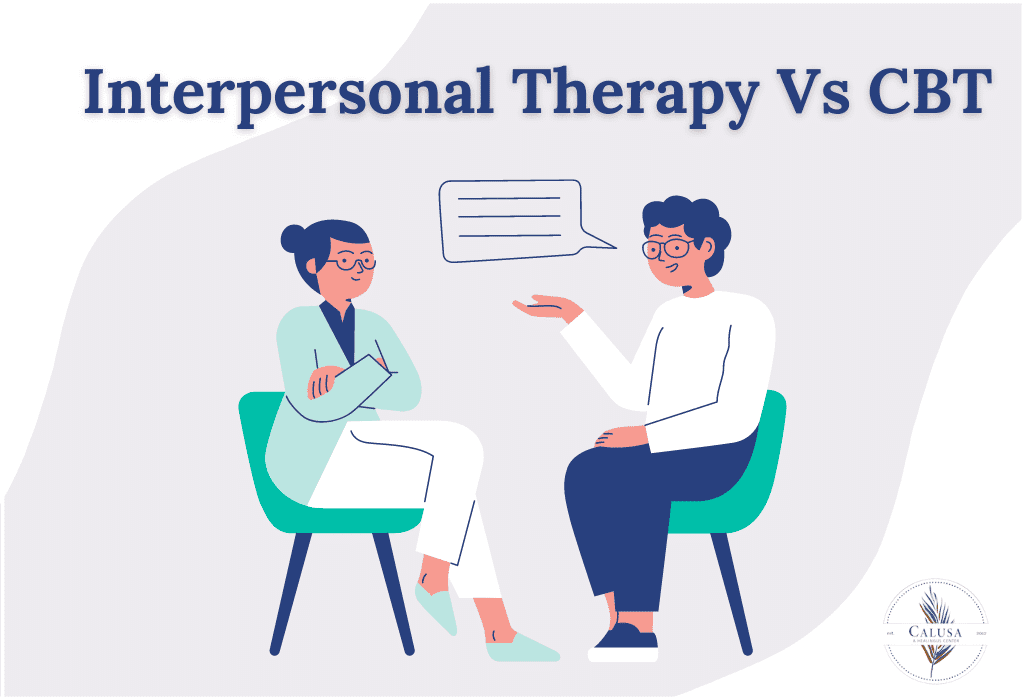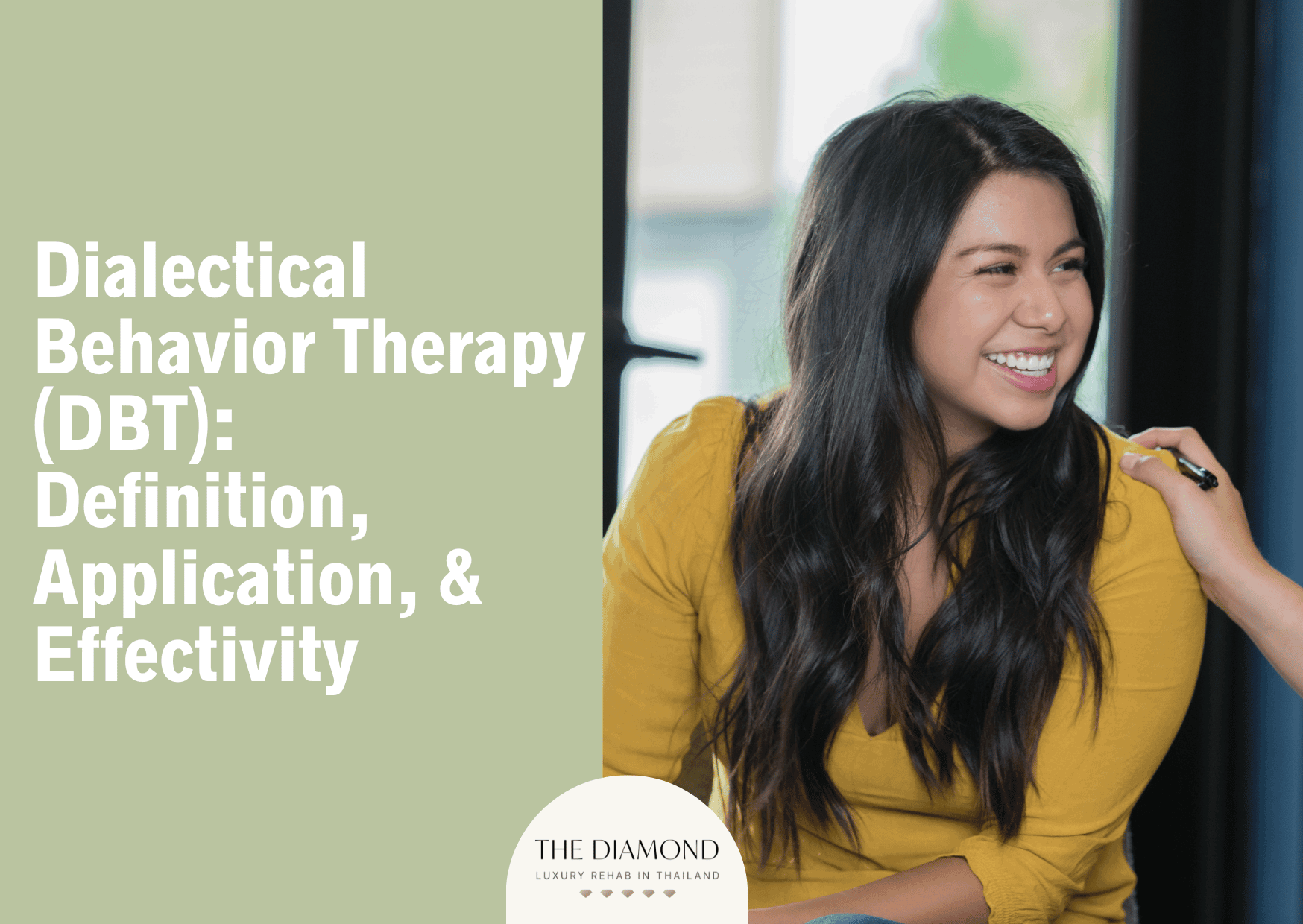Mindfulness meditation is a popular practice that involves paying attention to the present moment without judgment. It can help reduce stress, improve focus, and enhance overall well-being. Here’s a guide to mindfulness meditation:
What is Mindfulness Meditation?
Mindfulness meditation involves focusing on the present moment without judgment. This means paying attention to your thoughts, feelings, and sensations without getting caught up in them. It’s about observing your experiences without reacting to them.
Benefits of Mindfulness Meditation
- Reduces stress and anxiety
- Improves focus and concentration
- Enhances emotional well-being
- Boosts self-awareness
- Improves sleep quality
How to Practice Mindfulness Meditation
- Find a quiet space: Choose a place where you won’t be disturbed.
- Get comfortable: Sit or lie down in a comfortable position.
- Focus on your breath: Pay attention to your breath as it enters and exits your body.
- Notice your thoughts and feelings: When your mind wanders, gently bring your attention back to your breath.
- Practice non-judgment: Observe your thoughts and feelings without judgment.
Tips for Mindfulness Meditation
- Start with short sessions: Begin with 5-10 minutes and gradually increase the duration as you become more comfortable.
- Be patient: It takes time to develop mindfulness skills. Don’t get discouraged if your mind wanders.
- Practice regularly: The more you practice, the easier it will become to stay focused on the present moment.
- Use a guided meditation: If you’re new to mindfulness meditation, a guided meditation can help you get started.
- Find a meditation community: Connecting with others who practice mindfulness can provide support and motivation.
Mindfulness meditation is a simple yet powerful practice that can have a profound impact on your life. By incorporating mindfulness into your daily routine, you can cultivate inner peace, reduce stress, and improve your overall well-being.




